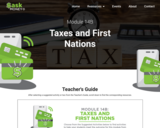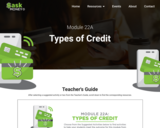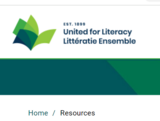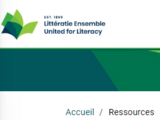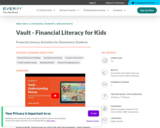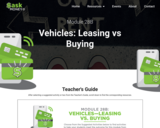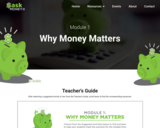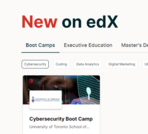What is Equity? Equity is a term used in accounting, in real estate and home-ownership, in investing, as well as in startup financing and valuation. The meaning of the term equity is very similar in the various areas where it is used, so it will be good to review all four of these to get the best understanding.
In accounting, equity is a term that you will find on the balance sheet. What you own is on the left: assets. What you owe is on the right: liabilities and equity. Equity is the book value of the shareholder capital. The accounting equation tells you that assets equal liabilities plus equity. That also means that equity equals assets minus liabilities.
Equity on a balance sheet goes up when a company is profitable: the net income for the year gets added to equity through retained earnings. Equity on a balance sheet goes down when the company is loss-making (losses “eat up” the equity), or when the company pays a dividend to its shareholders.
Equity in home-ownership works very similar to equity on the balance sheet. What we own is on the left: the house worth $500.000. What we owe is on the right: $400.000 of mortgage loan from the bank, and the owner of the house, Jim, has $100.000 of equity in the house. Equity in home-ownership is what a home is worth minus how much you owe to the bank.
Just like equity on the balance sheet of a company can go up or down, the equity that you have in your home can go up or down. If Jim is paying down the mortgage on his house by $50.000, then the amount of the loan outstanding will decrease and his equity in the house will increase. If the market value of the house increases, then Jim’s equity in the house will increase. Remember that equity is what a home is worth minus how much you owe to the bank. If the market value of the house decreases, then Jim’s equity in the house will decrease, or even become negative. Jim will need to have a conversation with the bank to make a remediation plan to get back to positive equity, or in the worst case scenario Jim might lose the ownership of the house and the bank will need to take a partial write-off of its outstanding loan.
Investing in #equity. Remember the example of the small manufacturing business that owned a machine, had a loan from a bank, and equity from one shareholder. What if we make that a big manufacturing business that owns lots of machines at different sites totaling $1 billion, has many loans outstanding totaling $800 million that are publicly traded in the bond market, and has many different shareholders as the certificates of ownership, the equity, is traded publicly as well. As an investor, you have the choice of buying bonds (which would have a predetermined interest rate, and has the machines as collateral), or the choice of buying stocks (which are perceived as having more downside risk as well as more upside potential). Invest in debt, or invest in equity.
Want to track the total return on your stock portfolio (share price increase/decrease plus dividends received), then check out the easy-to-use online portfolio tracker called Sharesight: https://www.sharesight.com/thefinance...
Equity in a startup company. How do you put a “price” on what is essentially so far just an idea, that still has to be developed and will find many ups and downs along the way? The company does not have any assets, liabilities and equity yet. The financing and valuation depend on the estimate of the revenue, profit and cash flow that the business idea might bring in the future. A good way to learn about startup companies in the tech field is the comedy series “Silicon Valley”. What happens if the app you are developing turns out to have a great compression algorithm, you are courted by investors ready to fund you, and your friends and roommates suddenly become your employees while you become the CEO?
Having equity can be a great thing. Equity has potential risks as well as potential rewards. The term equity is used in accounting, in home-ownership, in investing, and in start-up financing and valuation. Probably the easiest metaphor to remember is equity in home-ownership: what a home is worth minus how much you owe to the bank.
